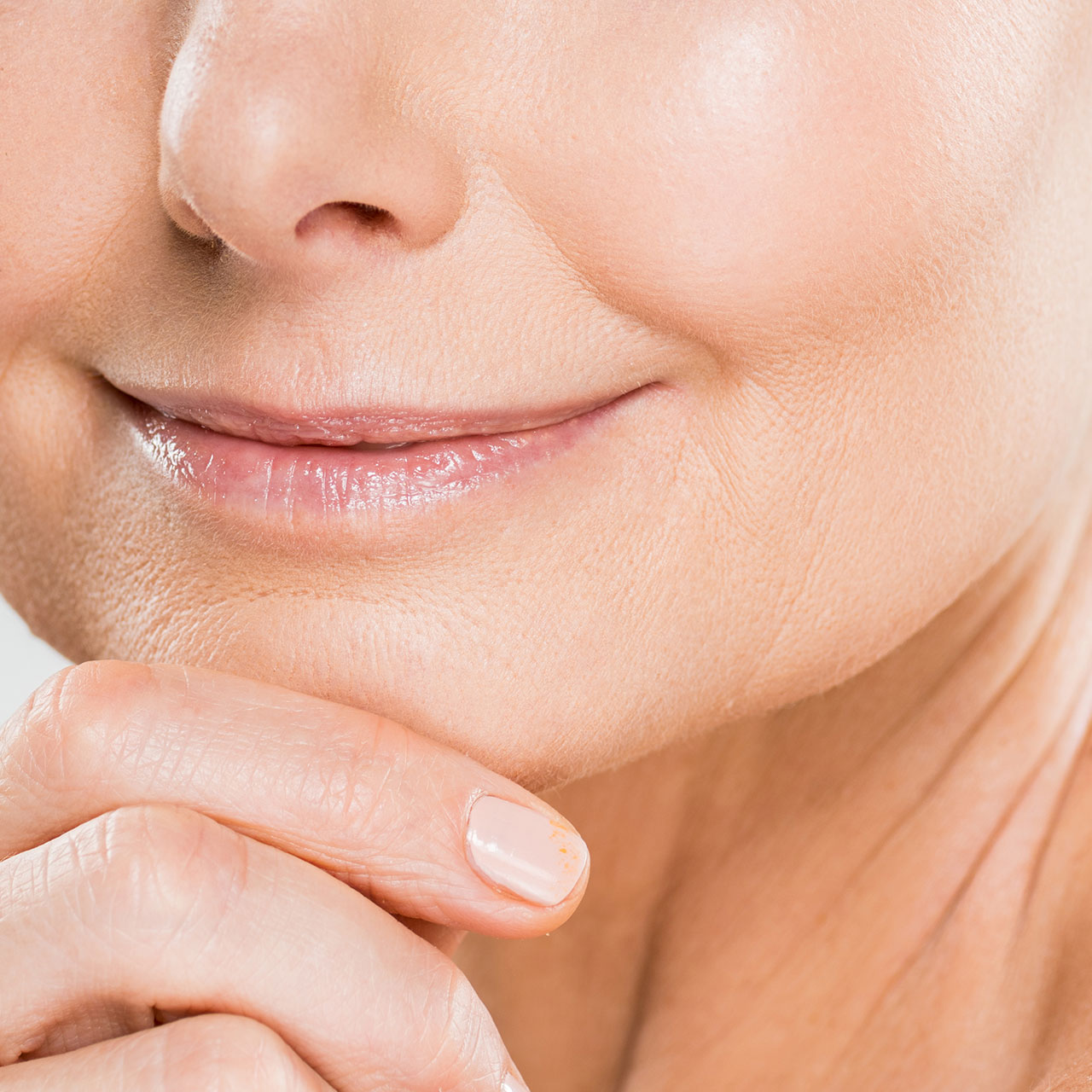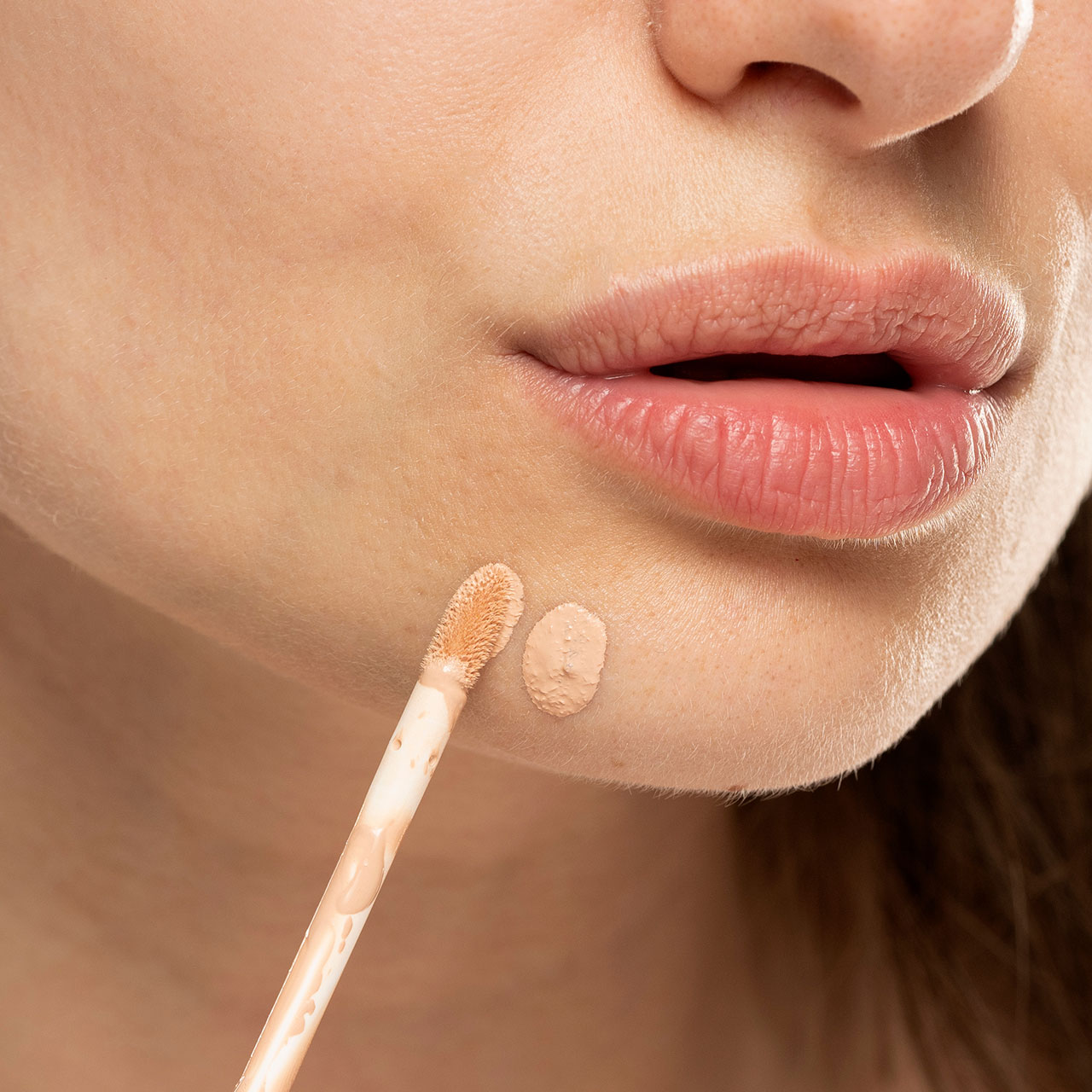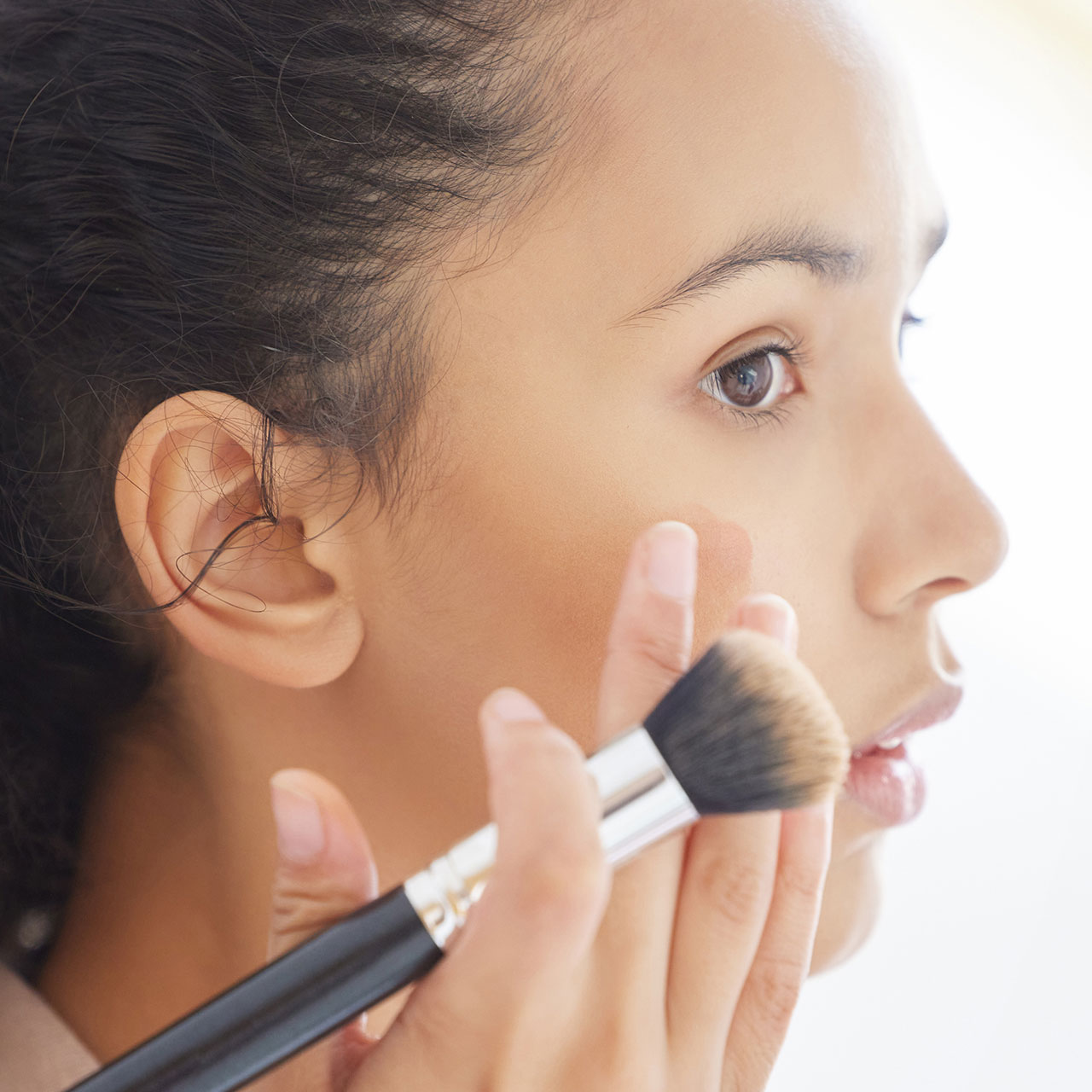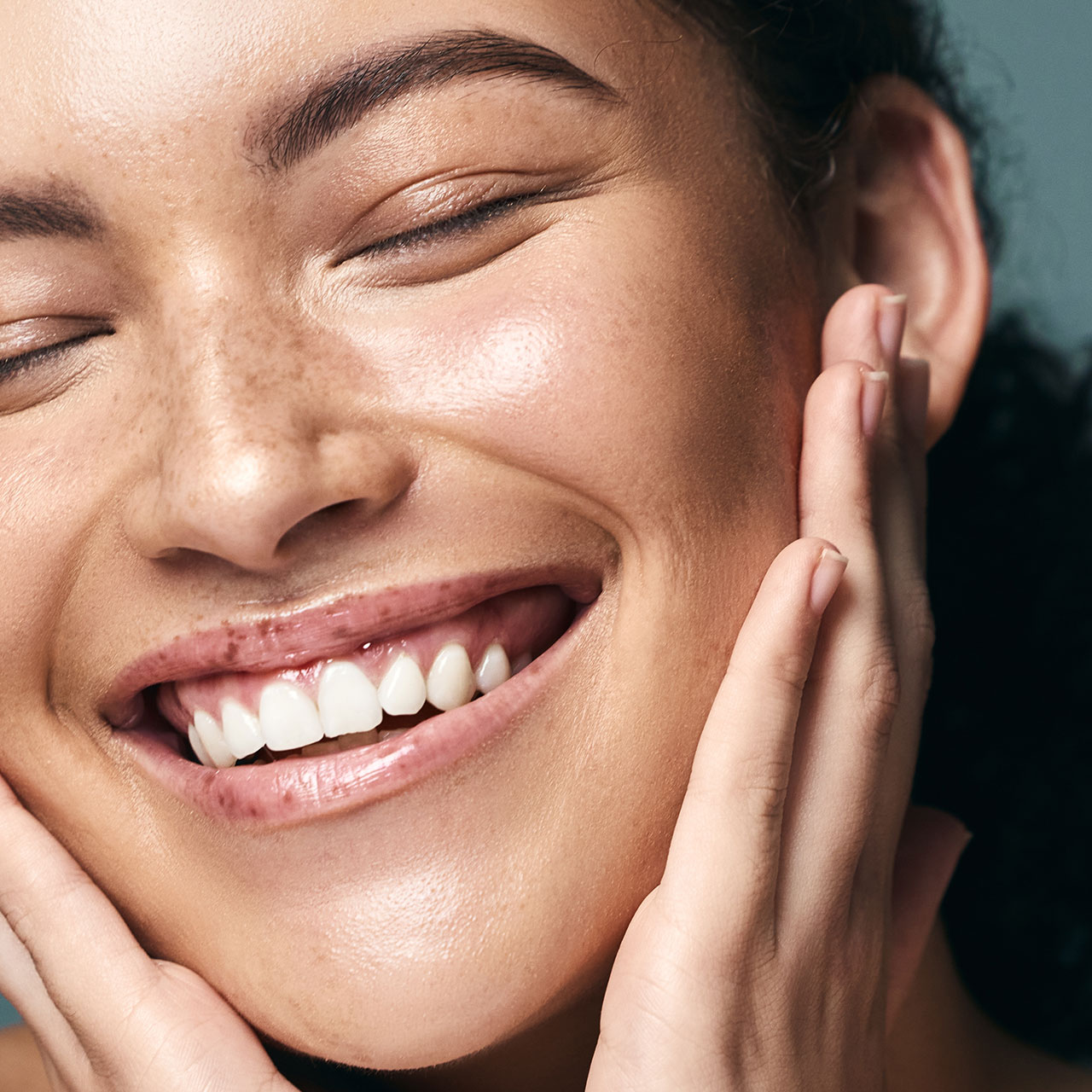Skincare experts have spoken — and many aren’t happy about some of the products you’re using on your face.
Have you ever wondered why your dermatologist or aesthetician stares at you blankly (or, worse, with concern) when you begin to rattle off the mile-long list of skincare products you apply day and night? As you recount the many oils, anti-aging serums, exfoliators, and masks that you’ve read about or seen on TikTok that SWEAR they will make a huge difference in your skin’s texture and overall health, they are probably thinking one thing: too many suspicious ingredients. Or they could be thinking: well, that ingredient is a magnet for pimples — who started the vicious rumor that it’s a miracle product?
Many skin experts have simplified routines for a reason: gentle cleansers, clean moisturizers, retinol, and SPF work. As for trends, some are lovely — I once had a dermatologist tell me if I want to layer snail mucin over my skin to have at it. But there are others that experts really wish you’d stop following. Including this one that many skin pros say is clogging your pores.
Slugging With Vaseline
A few years ago the slugging trend took the skincare world by storm and hasn’t let up since. This routine involves cleansing at night and applying your serums and moisturizers as you normally would, but then ending the regimen with a thick layer of Vaseline or Aquaphor to sort of “seal the deal.” The thinking behind it is that an occlusive product provides a barrier between your skin and the outside world, allowing all of those products to work better while keeping your skin hydrated.
Sounds great, and not all experts are against slugging, but some like Emma Smith, licensed esthetician and learning and development manager at Glowbar, say your skin type matters when it comes to slugging. “I am begging people to stop putting vaseline on their faces! This is a huge trend I am seeing right now., Smith says. “It’s not great for all skin types. The trend ‘slugging’ is great for non-acne-prone or super dry skin, however, it isn’t safe for everyone. For those with oily or acne-prone skin, it can often make breakouts even worse.”

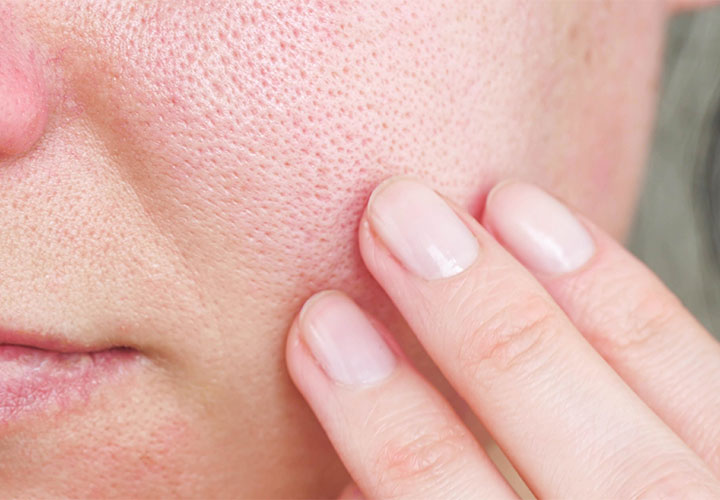
According to Smith, slugging will make your pores congested and has the potential to make breakouts worse if you are prone to breakouts or if you have oily skin. Instead, she says, she recommends choosing products depending on your skin type since skincare is such a personalized experience — which is why visiting a skin expert is so much safer than relying on TikTok to pick up the latest skincare trends that might not work for your skin type.
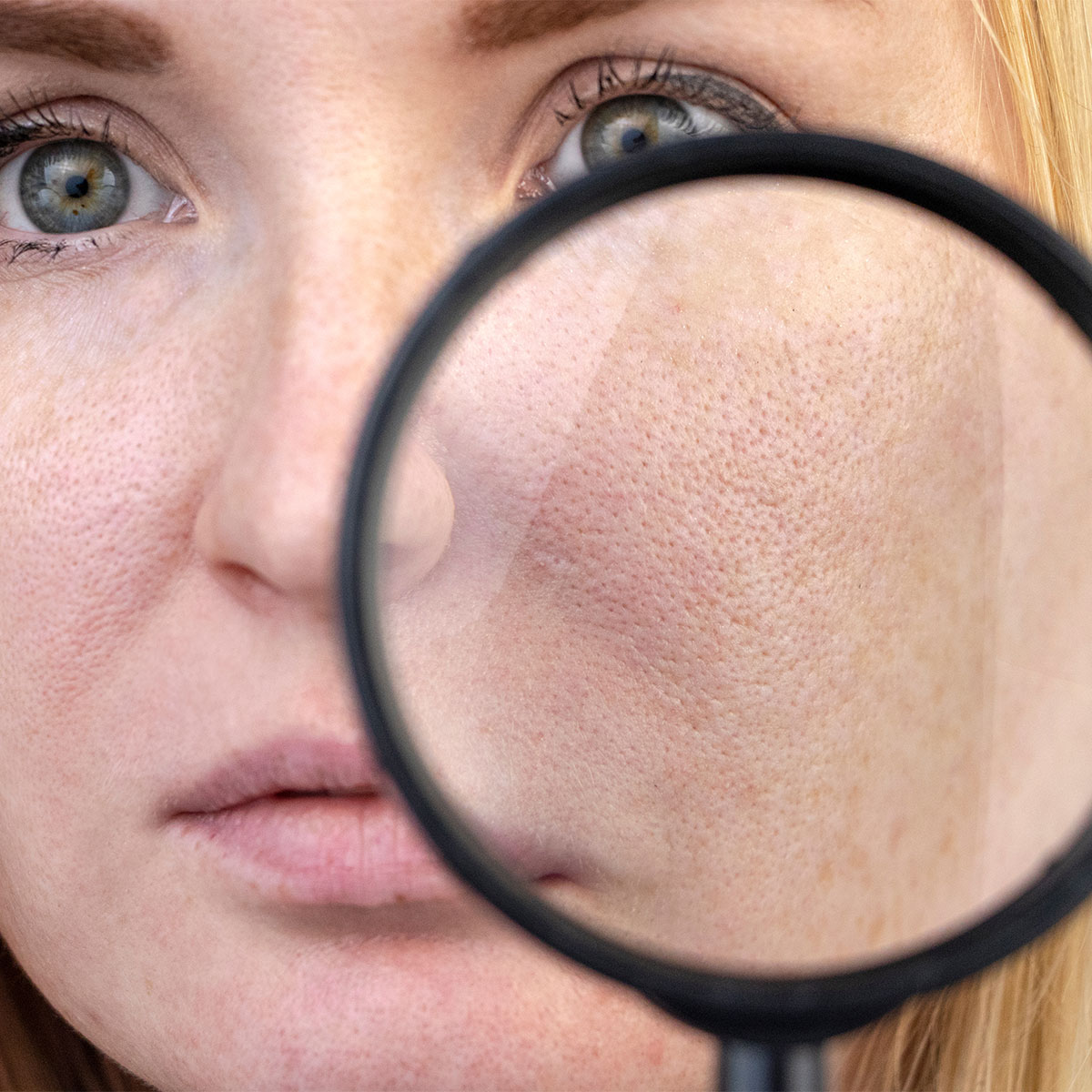
Worst Pore-Clogging Ingredients
“Several skin care solutions for acne sufferers contain substances that are very likely to clog pores and cause blackheads, pimples, and blotches,” says Dr. Anna Chacon, a board-certified dermatologist and writer at MyPsoriasisTeam. “Even with great effort, it might be challenging to know what to look for when selecting items for skin care. The accumulation of debris, oil, or dead skin cells can block pores. Potential factors include dry skin and skin that generates an excessive amount of skin cells. cosmetics, lotions, or cleansers for the face.”
Dr. Chacon provides this helpful list of ingredients that you can bookmark and refer back to when you’re standing at your local drugstore or beauty supplier and trying to choose a skincare product for acne-prone skin. These are the potentially pore-clogging ingredients she says to avoid:
Acetylated Lanolin, Acetylated Lanolin, Alcohol, Algae Extract, Algin, Beeswax, Bismuth, Butyl Stearate, Butyrospermum Parkii, Carrageenan, Cetearyl Alcohol + Ceteareth 20, Cetyl Acetate, Chlorella, Chondrus Crispus, Coal Tar, Cocoa Butter, Coconut Alkanes, Coconut Butter, Coconut Oil, Cocos Nucifera Oil, Colloidal Sulfur, Cotton Awws Oil, Cotton Seed Oil, Corn Oil, D&C Red 3, 4, 6, 7, 9, D&C Red 17, 19, D&C Red 21, 27, D&C Red 30, 33, 36, D&C Red 40, Decyl Oleate, Dioctyl Succinate, Disodium Monooleamido, Ethoxylated Lanolin, Ethylhexyl Palmitate, Glyceryl Stearate SE, Glyceryl-3 Diisostearate, Hexadecyl Alcohol, Hydrogenated Vegetable Oil, Isocetyl Alcohol, Isocetyl Stearate, Isodecyl Oleate, Isopropyl Isostearate, Isopropyl Linolate, Isopropyl Myristate, Isopropyl Palmitate, Isostearyl Isostearate,Isostearyl, Neopentanoate, Jojoba Wax, Kelp, Laminaria Digitata Extract, Laminaria Saccharina Extract, Laureth-4, Laureth-23 ,Lauric Acid, Mango Butter, Mink Oil, Myristic Acid, Myristyl Lactate, Myristyl Myristate, Octyl Palmitate, Octyl Stearate, Oleth-3, Oleyl Alcohol, PEG 2 Sulfosuccinate, PEG 8 Stearate, PEG 16 Lanolin, PEG 200 Dilaurate ,PG Monostearate, PPG 2 Myristyl Propionate, Plankton, Polyglyceryl-3 Diisostearate, Potassium Chloride, Propylene Glycol Monostearate, Red Algae, Seaweed, Shark Liver Oil, Shea, Shea Butter, Sodium Laureth Sulfate, Sodium Lauryl Sulfate, Solulan 16, Sorbitan Oleate and Soybean Oil.
What Should You Apply Instead?
If you are struggling with acne or clogged pores, visiting an expert is the best first step so that you can determine what’s causing your acne and find a personalized solution that works for your skin type. But, as far as effective ingredients go, Dr. Chacon says retinol and salicylic acid help clean up dirt, oil, and other debris blocking your pores.










